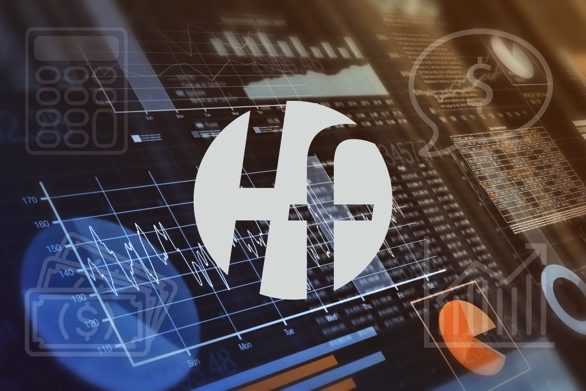Choosing a Broker or an Adviser
Most financial professionals can provide specific stock or mutual fund recommendations. However, before deciding on a broker or an adviser, you must decide what you want to handle: investments research, planning your personal finances, establishing budget realities, providing tips to reduce spending, assessing your retirement savings, and checking that you have the necessary insurance coverage.

